Cats are creatures of habit, and even small changes in their environment can lead to stress and anxiety. While some cats handle stress well, others may show subtle or extreme signs of distress. If left untreated, stress can lead to health issues, behavioral problems, and a lower quality of life for your feline friend.
In this guide, we’ll cover the top 10 signs of stress in cats, what causes feline anxiety, and how to help your cat feel safe and comfortable.
1. Excessive Grooming or Overgrooming
🚨 Sign: Your cat is licking or biting its fur excessively, leading to bald patches or irritation.
Overgrooming is often a coping mechanism for stress, similar to how humans bite their nails when anxious.
✅ How to Help:
- Check for flea infestations or skin conditions (rule out medical issues first).
- Reduce environmental stressors (new pets, loud noises, sudden changes).
- Use interactive toys or scratching posts to redirect the behavior.
- Consider using a calming pheromone spray (like Feliway).
2. Hiding More Than Usual
🚨 Sign: Your cat is spending more time under beds, behind furniture, or in closets.
Cats hide when they feel unsafe or overwhelmed. While some hiding is normal, excessive avoidance of family members may indicate stress.
✅ How to Help:
- Provide a safe space with a cozy hiding spot (like a cat bed or covered crate).
- Avoid forcing them out—let them come to you when ready.
- Reduce loud noises or sudden movements in their environment.
3. Changes in Litter Box Habits
🚨 Sign: Your cat suddenly stops using the litter box, urinates outside of it, or has accidents.
Stress can cause inappropriate urination or defecation, especially if triggered by a change in routine.
✅ How to Help:
- Ensure the litter box is clean and in a quiet area.
- Add extra litter boxes if you have multiple cats (one per cat + one extra).
- If accidents continue, take your cat to the vet to check for urinary tract infections (UTIs) or bladder issues.
4. Aggression or Sudden Mood Swings
🚨 Sign: Your cat is hissing, swatting, or biting when it usually doesn’t.
A stressed cat may react aggressively, even towards familiar people or pets.
✅ How to Help:
- Identify the trigger (new pet, unfamiliar visitors, loud noises, etc.).
- Give your cat space and avoid forcing interactions.
- Use positive reinforcement (treats and praise) when your cat is calm.
5. Excessive Meowing or Vocalization
🚨 Sign: Your cat is meowing, yowling, or crying more than usual—especially at night.
Stress can make cats more vocal, especially if they feel anxious, bored, or disoriented.
✅ How to Help:
- Stick to a routine (feeding and playtime at the same time each day).
- Provide mental stimulation (puzzle toys, window perches, interactive play).
- If your cat is a senior, excessive meowing could be a sign of cognitive decline—consult a vet.
6. Decreased Appetite or Sudden Weight Loss
🚨 Sign: Your cat is eating significantly less or refusing food altogether.
Stress can cause a loss of appetite, which can be dangerous if prolonged.
✅ How to Help:
- Try warming up wet food to enhance the scent and encourage eating.
- Stick to a regular feeding schedule.
- If your cat refuses food for more than 24 hours, consult a vet immediately.
7. Excessive Sleeping or Lethargy
🚨 Sign: Your cat is sleeping much more than usual and shows little interest in play.
While cats sleep a lot naturally, a stressed cat may become withdrawn and inactive.
✅ How to Help:
- Engage in gentle play sessions to encourage movement.
- Provide new toys or climbing structures to spark curiosity.
- If lethargy persists, schedule a vet checkup to rule out illness.
8. Destructive Behavior (Scratching Furniture or Knocking Things Over)
🚨 Sign: Your cat is scratching furniture excessively, chewing on cords, or knocking over objects.
This can be a sign of boredom or frustration, often caused by stress or lack of stimulation.
✅ How to Help:
- Provide scratching posts and redirect them to appropriate surfaces.
- Increase playtime to burn off excess energy.
- Use cat deterrents (like double-sided tape or citrus scents) on furniture.
9. Tail Twitching or Flattened Ears
🚨 Sign: Your cat’s tail is flicking rapidly or ears are pinned back.
This body language signals anxiety, fear, or agitation.
✅ How to Help:
- Identify the source of stress (new people, loud noises, other pets).
- Give your cat space to calm down.
- Avoid petting or picking them up when they show these signs.
10. Excessive Clinginess or Separation Anxiety
🚨 Sign: Your cat follows you everywhere, cries when you leave, or becomes overly attached.
Some cats become extra clingy when stressed, seeking reassurance from their owners.
✅ How to Help:
- Gradually encourage independent play to build confidence.
- Provide interactive toys for solo entertainment.
- Avoid making a big deal when leaving or returning home to reduce anxiety.
Common Causes of Cat Stress
🐾 Moving to a new home
🐾 New pets or people in the household
🐾 Changes in routine (new work schedule, traveling, etc.)
🐾 Loud noises (construction, fireworks, loud music, etc.)
🐾 Vet visits or travel
🐾 Boredom or lack of stimulation
How to Help a Stressed Cat
✔ Maintain a routine – Cats thrive on consistency.
✔ Provide a safe space – A quiet hiding spot can help reduce anxiety.
✔ Use pheromone diffusers – Products like Feliway can help calm your cat.
✔ Increase playtime – Daily interactive play sessions reduce stress.
✔ Offer vertical spaces – Cat trees and shelves give your cat a sense of control.
✔ Use calming music – Soft, classical music can soothe an anxious cat.
✔ Be patient – Allow your cat to adjust at its own pace.
Final Thoughts
Stress in cats can manifest in subtle and unexpected ways, from overgrooming to sudden aggression. By recognizing the signs early and making adjustments to your cat’s environment, you can help them feel more relaxed and secure.
🐱 Key Takeaways:
✅ Sudden behavior changes (hiding, aggression, litter box issues) can signal stress.
✅ Common causes include routine changes, new pets, or lack of stimulation.
✅ Reducing stress involves consistency, playtime, and providing safe spaces.
✅ If symptoms persist, consult a vet to rule out medical issues.
A happy cat is a healthy and stress-free cat—so make sure to create a calm, enriching environment for your feline friend! 🐾💖

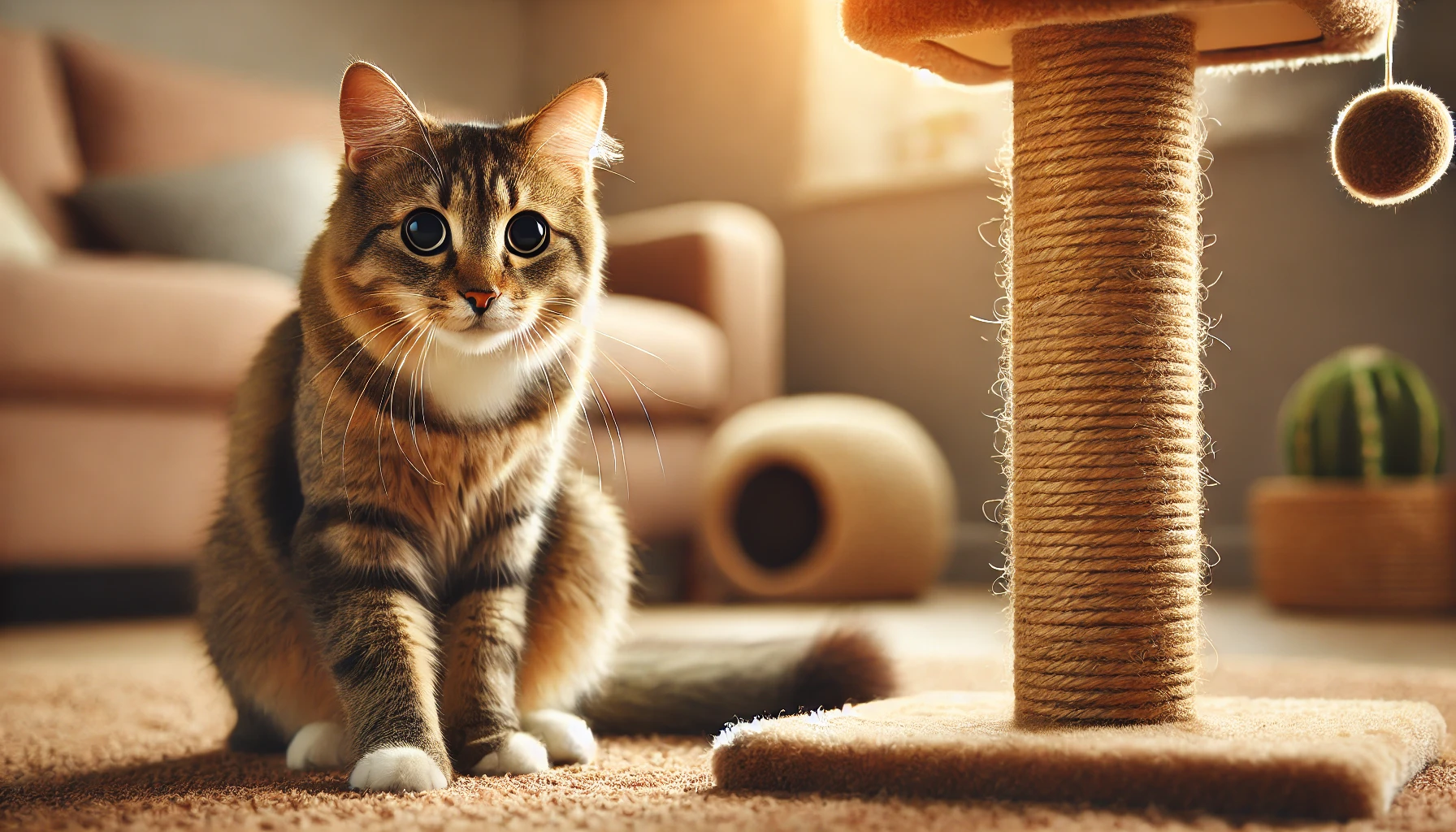
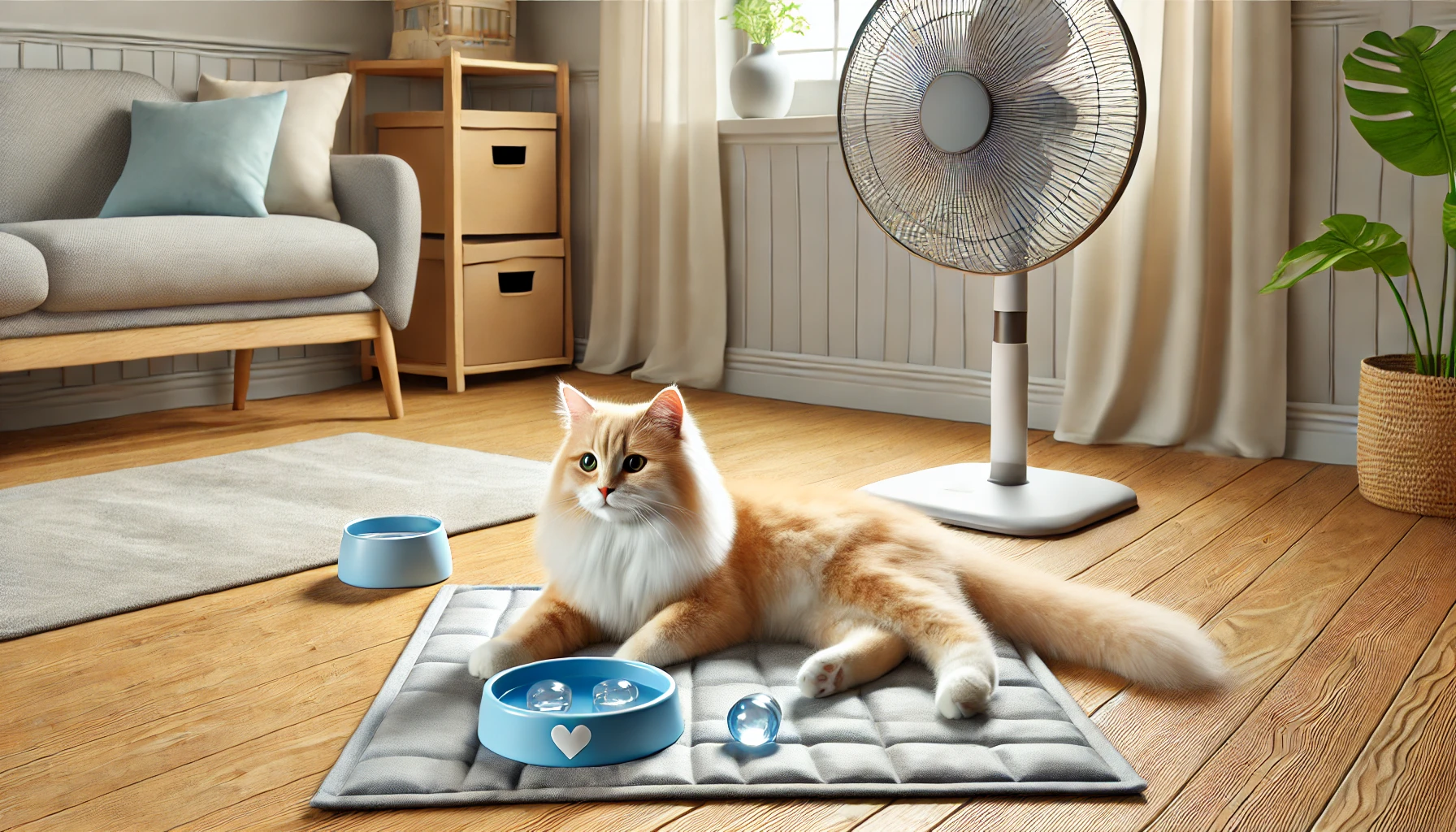
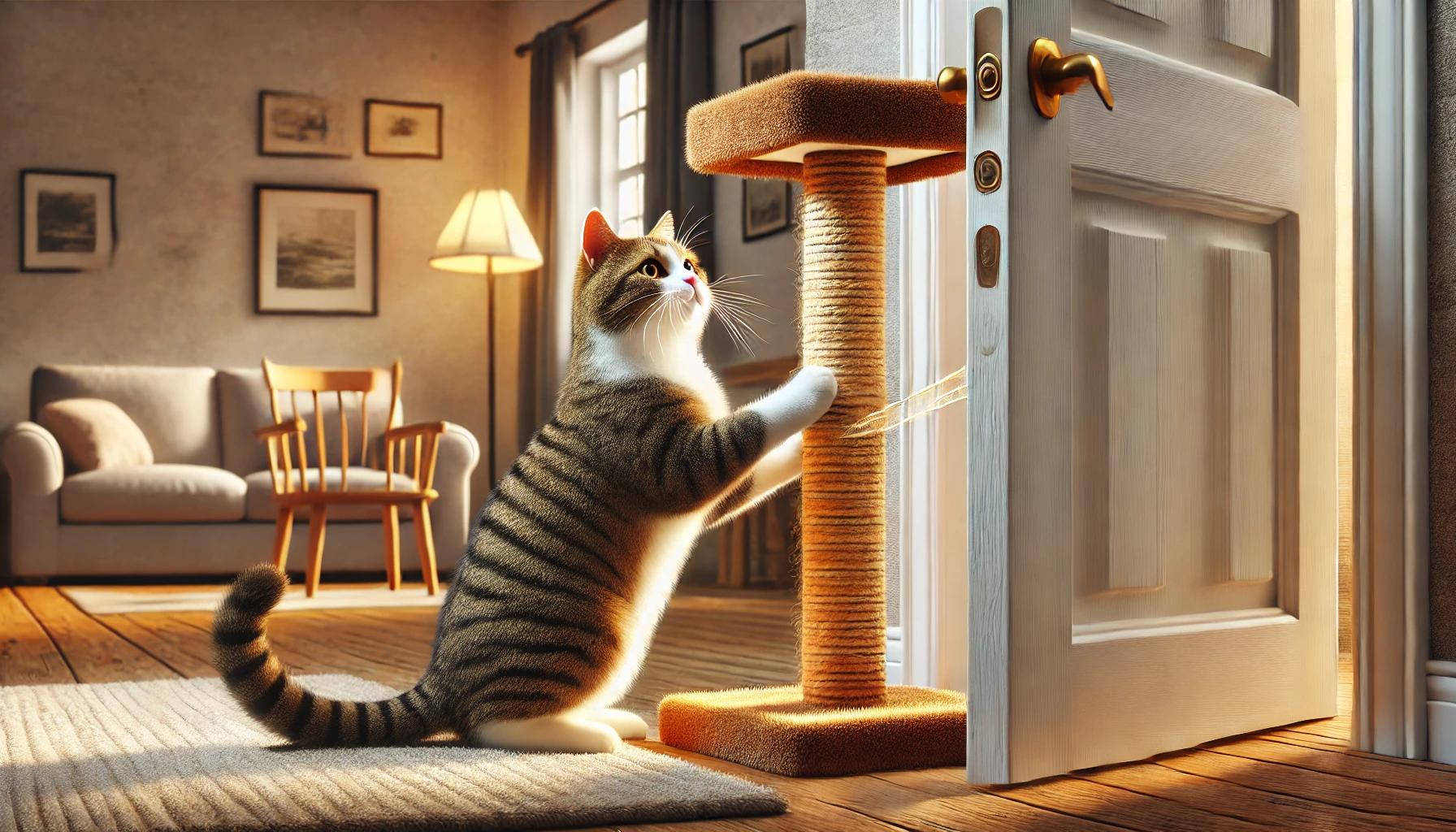
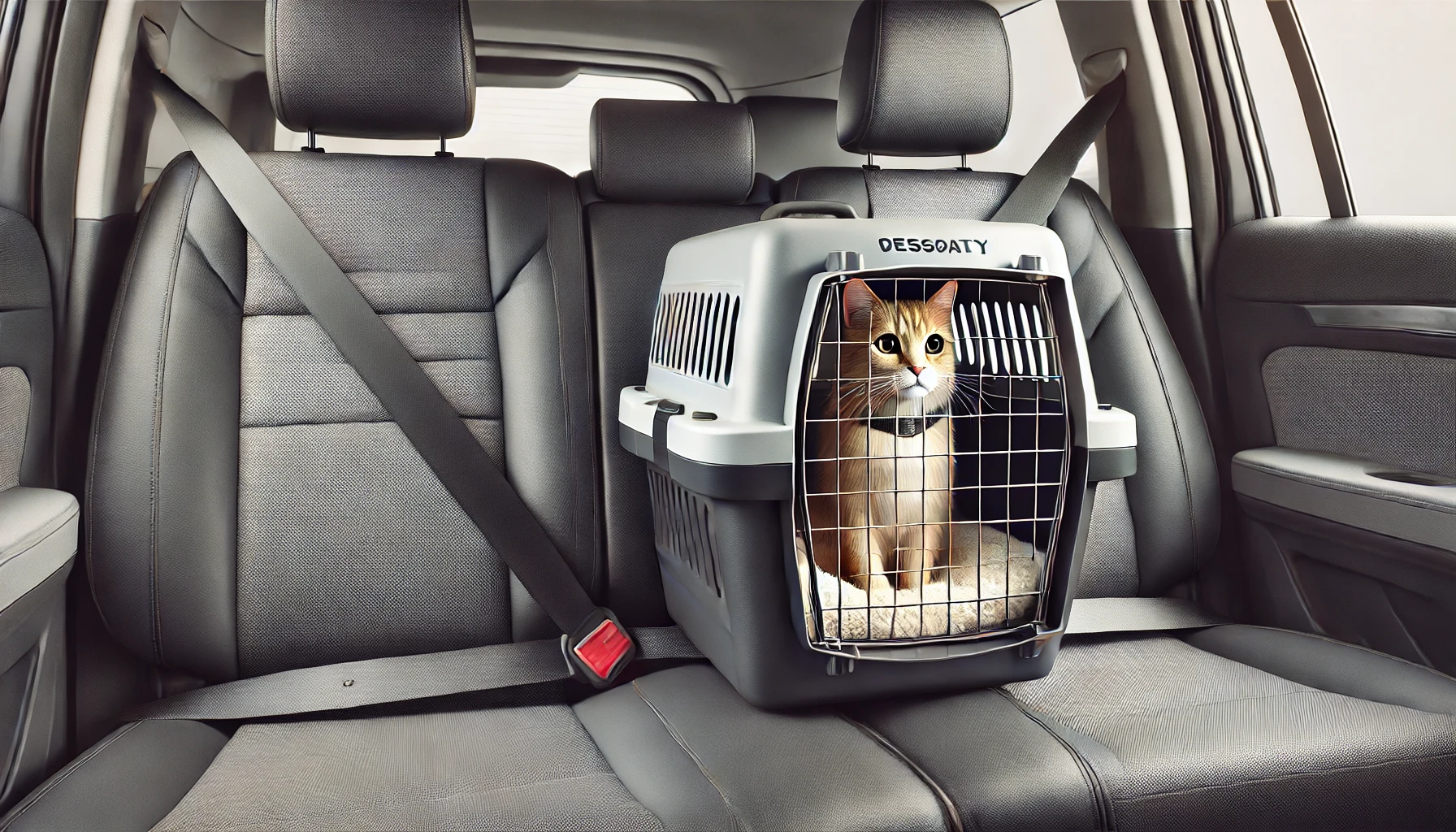
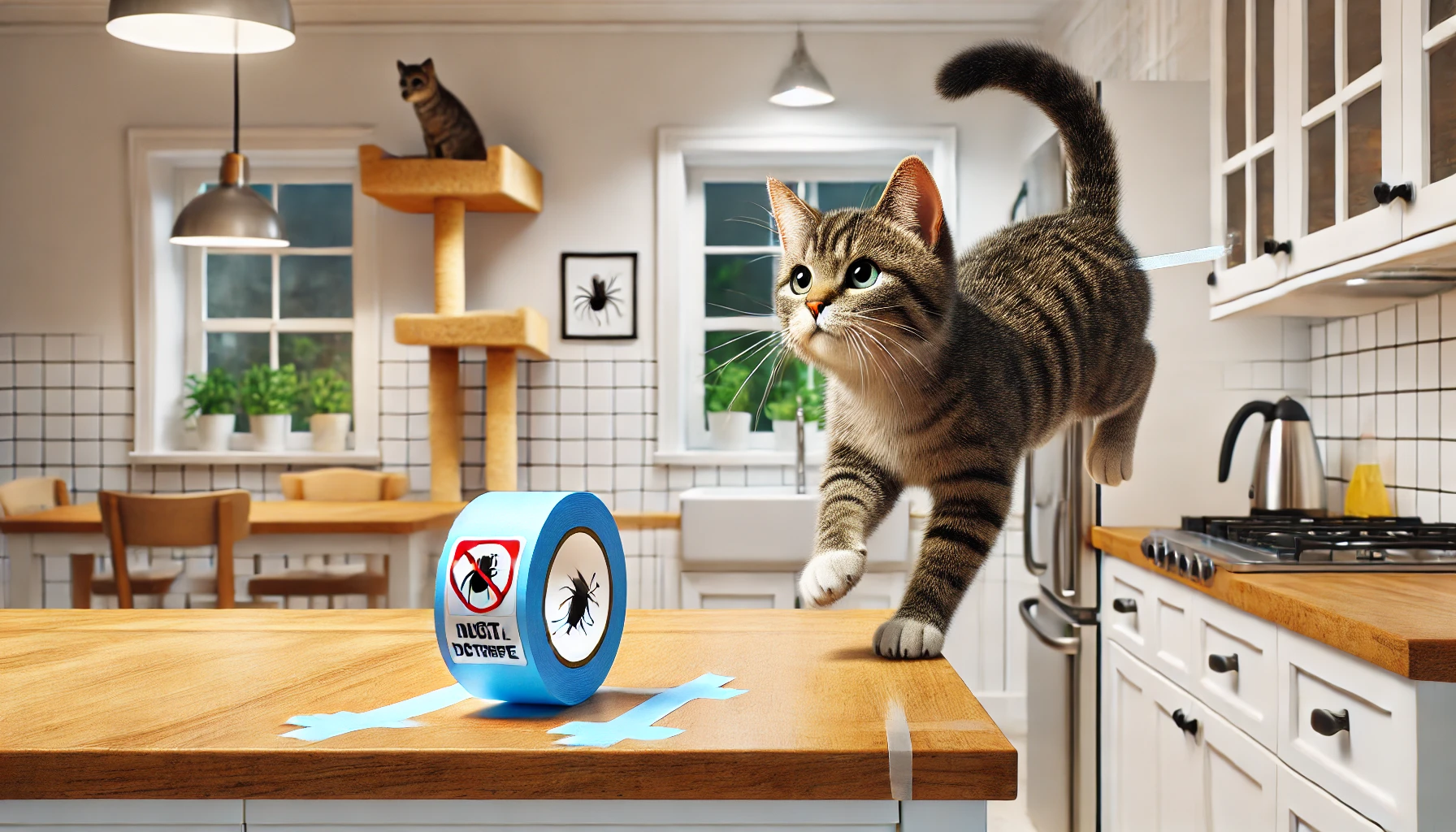
3 thoughts on “10 Signs Your Cat Might Be Stressed (And How to Help Them)”